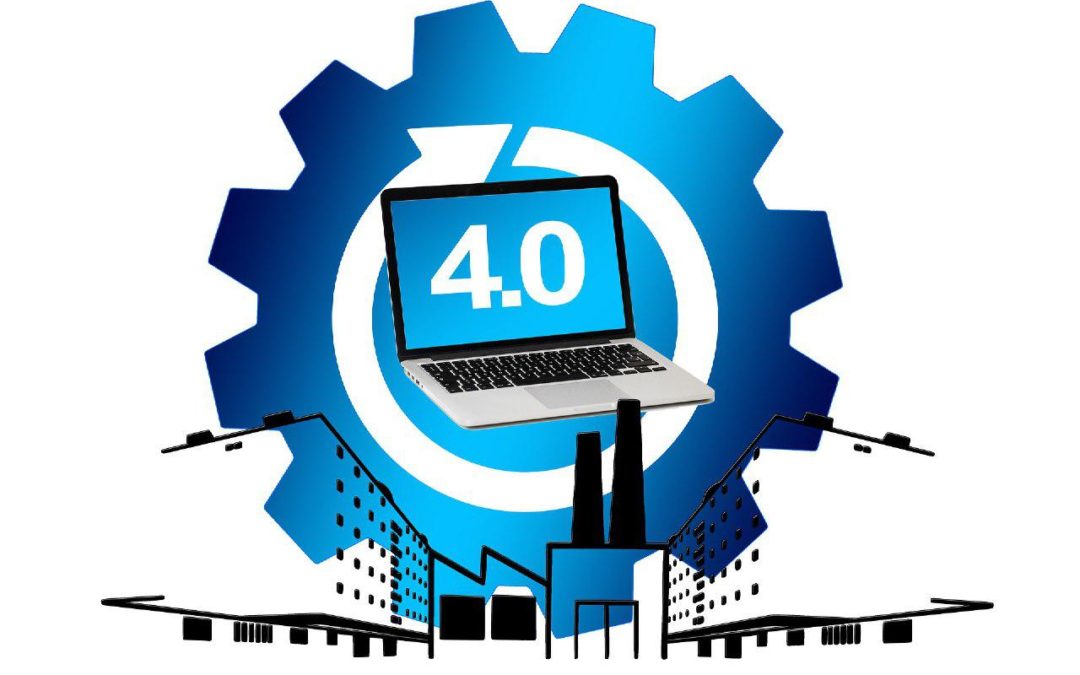Ever since we started talking about Big Data, Analytics has been the key to understanding complex systems. However, the terms should not only include technologies, algorithms and models, but also the people and expertise to extract knowledge from data. A survey of managers and executives by the well-known Insead School of Management on the foundations of the Digital Journey reveals that organisations in the forefront of digitisation focus less on data and storage and more on analysis and ideas. The top managers interviewed emphasised the implications of this for professionals and the roles that an organisation needs – including new leaders to lead the digital transformation. Industry, i.e. digital manufacturing, is drastically reducing the cost-effectiveness gap between the mass production model and the production of handmade and custom made items, thanks to the intervention of mediation figures between different cultures, such as the “quants” (analysts), digital natives and more technical profiles, in terms of the “know how” that is typical of Made in Italy production.
The Italian economy is already showing the first signs of a drive towards Industry 4.0, especially if we look at labour market data. In fact, a number of “winning” professions are emerging that can bring positive changes in terms of employment. Between 2012 and 2016, the digitisation of jobs in Italy led to a strong growth in IT professions, up by 68,000 units.
A report by the Employment Consultants statistical observatory showed that the most popular profiles in recent years were those of “senior software engineer” as well as Made in Italy technical experts whose job it is to promote the entire production chain of quality projects, from manufacturing to food and wine, in foreign markets.

